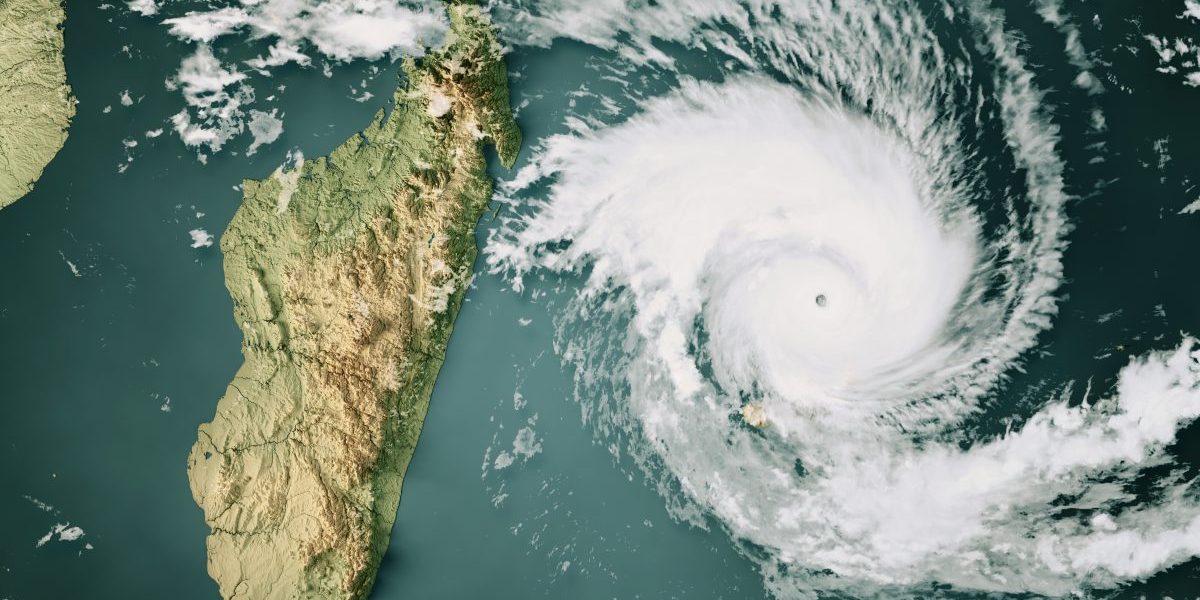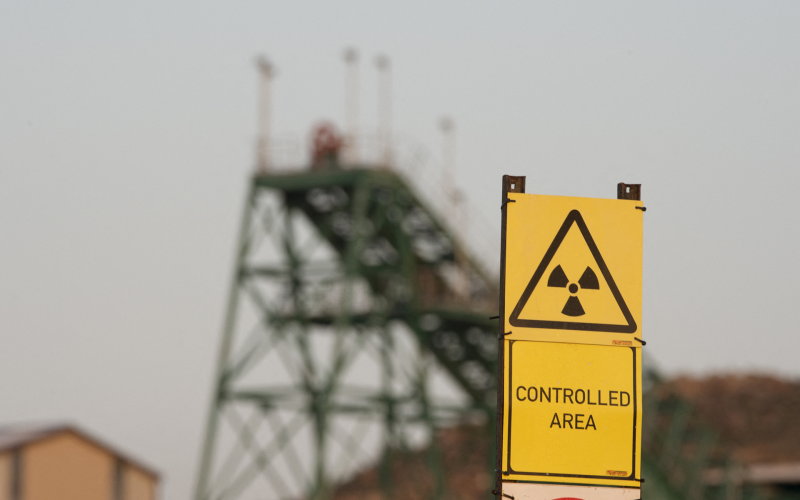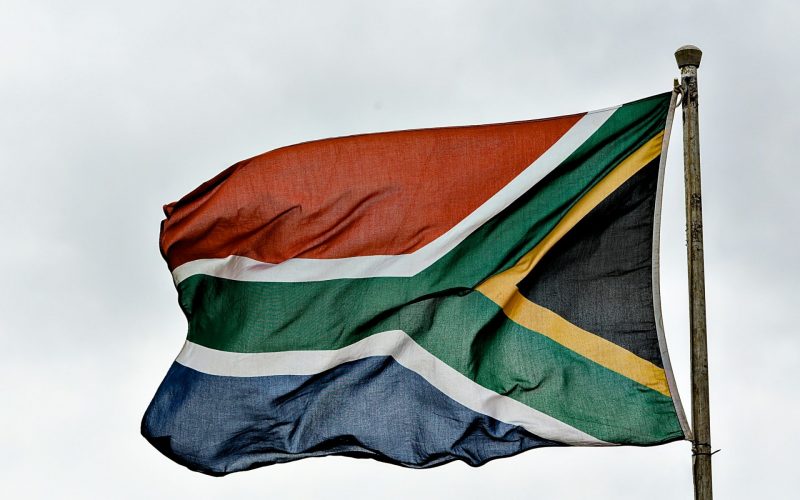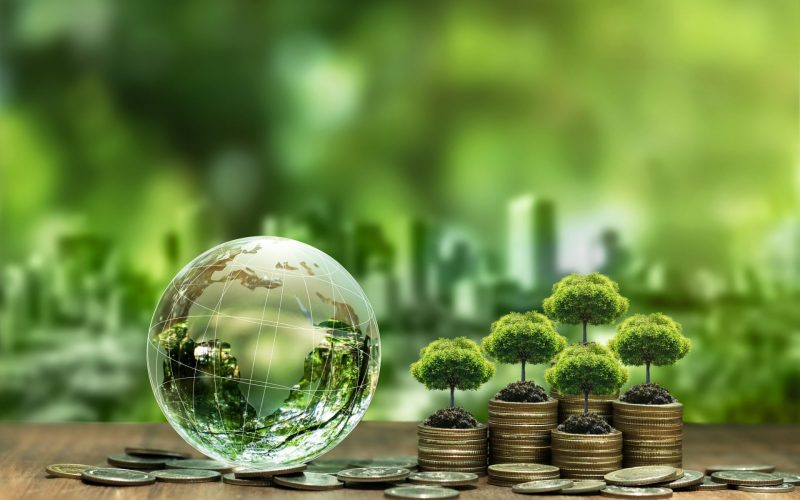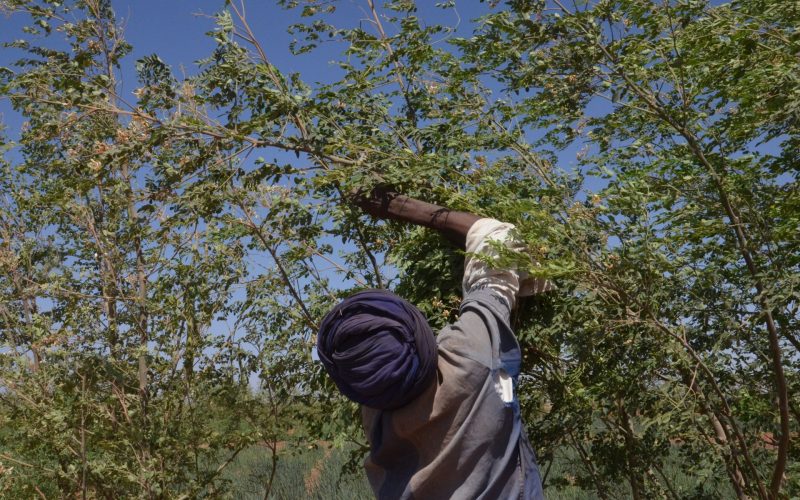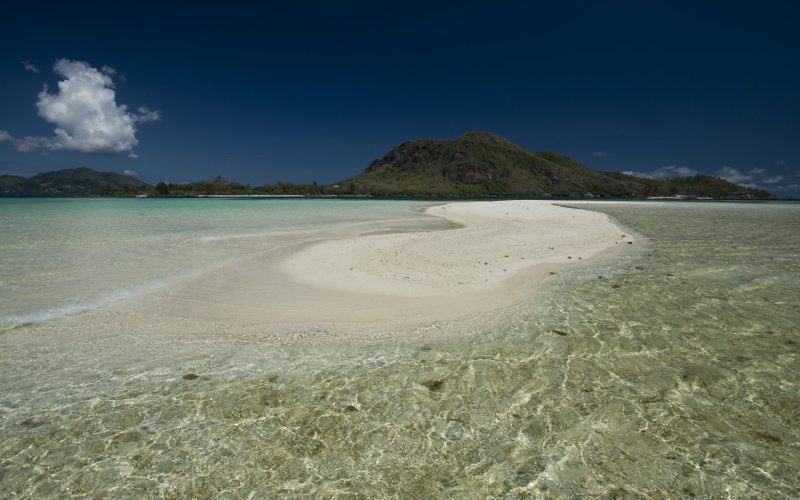Introduction
Between 30 November and 12 December 2023, the 28th Conference of the Parties (COP) of the UN Framework Convention (UNFCCC) will take place in Dubai to address the multiple and escalating climate challenges facing the world. Africa, through its recently developed Nairobi Declaration, has clearly articulated its wishes and desires for a successful and equitable COP28 for Africa. The Declaration builds on the African Union’s (AU) Climate Change and Resilient Strategy and Action Plan (2022-2032), which provides an important platform for the continent to develop partnerships around its key climate priorities.
However, if COP28 is to deliver on these expectations, African countries and coalitions must drive the regional climate agenda, both domestically and internationally. This paper highlights the climate leadership role that specific African countries are playing, both within their own domestic contexts, but also on the continental and international front. Africa’s global influence is growing, providing its leaders with additional avenues to raise the continent’s climate concerns. For example, the AU is now a full member of the G20. The BRICS grouping has also expanded, with two African states, Egypt and Ethiopia, among the new BRICS+ members. Morocco hosted the recent World Bank and International Monetary Fund annual meeting, where the institutions announced a seat for Africa on their respective boards.
A number of African negotiating structures work to support the continents climate priorities. This includes the Africa Group of Negotiators (AGN), the African Ministerial Conference on Environment (AMCEN), the Committee of African Heads of State on Climate Change (CAHOSCC), as well as the AU regional Climate Commissions. The positions of countries chairing these structures must be considered. It is also important to take note of the membership blocs which Africa forms part of, as these will be used to promote technical and thematic issues within the negotiations. This includes, among others, the G77 and China; the Alliance of Small Island Developing States (SIDS); the Coalition of Rainforest nations; the Climate Vulnerable Forum; BASIC (Brazil, South Africa, India and China); the Least Developed Countries negotiating forum; the Like-Minded Group of Developing Countries; and OPEC (Organisation of Petroleum Exporting Countries).
This document seeks to outline some of the key African countries to watch at COP28, including African institutions and negotiating blocs, as well as broader blocs that have a significant African membership. While acknowledging that significant climate action is being taken by a wide range of actors across the continent, including cities, NGOs, think tanks, youth groups and business, the analysis here is largely restricted to individual countries, international institutions and multilateral negotiating blocs.

